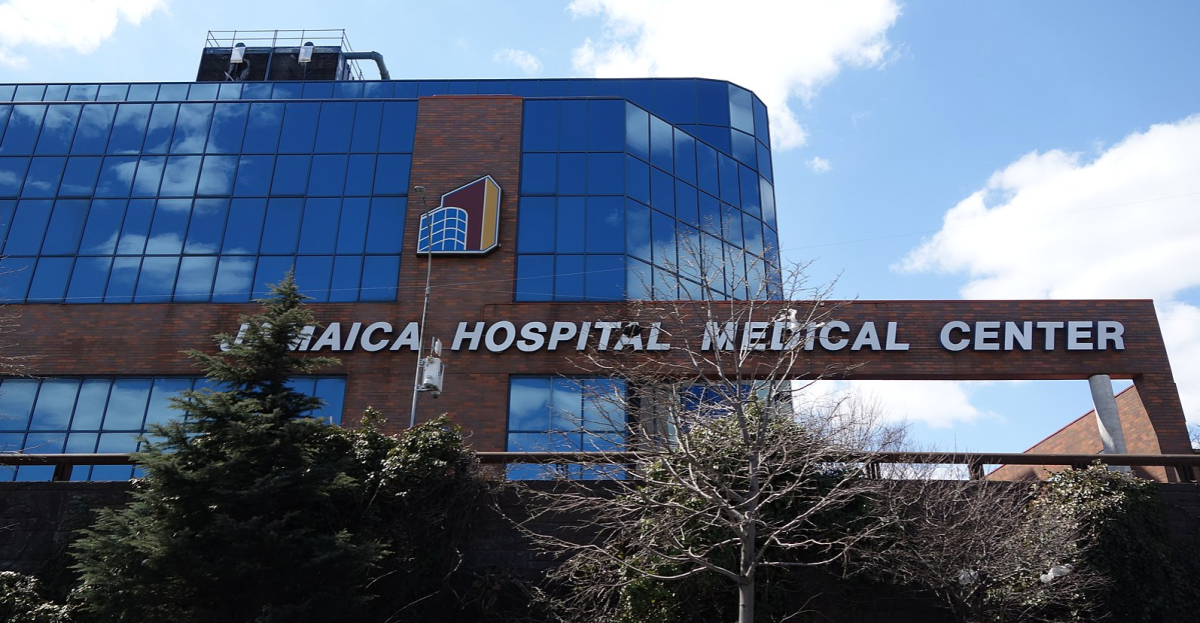As the COVID-19 pandemic wears on, the implications the outbreak has on mental health has become more evident, especially in hard-hit communities in New York City.
In Queens, where there have been 32,749 confirmed cases of COVID-19 and nearly 2,000 deaths, the MediSys Health Network’s (consisting of Jamaica and Flushing Hospital) Department of Psychiatry has created several programs to address the issue of mental health.
New York City mental health organizations such as NYC Well, reported an 185 percent increase in mental health web sessions. The service is utilized by individuals seeking assistance with issues such as depression and anxiety.
In a recent poll conducted by the Kaiser Family Foundation, it was found that 45 percent of adults living in the U.S. felt that their mental health was impacted due to the outbreak.
“We are not surprised by these numbers. At this time, many people are afraid. They are anxious about the known and unknown,” said Anthony Maffia, vice president of the Department of Psychiatry of Jamaica and Flushing Hospital.
According to Maffia, the coronavirus outbreak has presented many challenges and unfortunate situations such as job loss, social isolation, hospitalizations and the loss of loved ones.
“These factors can lead to feelings of fear, irritability, sadness and hopelessness, as well as idealizations of suicide,” Maffia said. “All of which can be symptoms of depression, post- traumatic stress disorder (PTSD), anxiety and other mental health disorders.”
The team from the Psychiatry Department was prepared to face the mental health aspect of the crisis at the early onset of the outbreak, said Dr. Daniel Chen, chairman of the Department of Psychiatry.
“We knew that this was going to be a time when our entire community would need us. Therefore, our priorities shifted to developing COVID-19 related initiatives that would benefit our employees, patients and their loved ones,” Chen said.
Jamaica and Flushing Hospital’s COVID-19 mental health initiatives include the following:
- Employee Wellness Support Group: This provides platforms for employees to call in daily for a group support and therapy session. Each call is led by licensed therapists that provide a safe place for participants to openly share their feelings. Callers can remain anonymous.
- Individual Employee Therapy Sessions: Participants of employee group therapy sessions are offered one-on-one counseling if they need more emotional support. Additionally, members of the Department of Psychiatry place routine calls to hospital employees to ask how they are doing and invite them to meet for individual sessions.
- Friendly Face in the Workplace Program: Counselors routinely make rounds on the hospitals’ units to provide supportive services to employees and make referrals for mental health services if indicated.
- Patient Wellness Support Program: Discharged COVID-19 patients are contacted by a licensed mental health therapist for follow up care and mental health support. In addition to counseling, therapists are helping patients with obtaining helpful resources such as information on filing for unemployment benefits and food-assistance programs.
- Family Wellness Support Program: Counselors call the families of patients who expired as a result of COVID-19 to make sure they do not feel alone by offering their support. Therapists also provide bereavement counseling and additional assistance such as providing families with the resources needed to make arrangements after an expiration.
So far, the hospital’s COVID-19 mental health initiatives have received a positive response from employees, patients and families, Chen said.
Chen recalled a case involving a 12-year-old girl who became depressed while unable to communicate with her father, who became ill and was quarantined in his bedroom.
“One of our counselors, a licensed creative art therapist, spoke to the young lady and learned that she liked art and writing. Our therapist recommended that she write notes and draw pictures, then slip them under the door to her dad,” Chen said. “As a result, the child became more positive, her depression lifted and she started doing her school work again.”
Meanwhile, for many of the hospitals’ employees, the mental health support provided by the Department of Psychiatry has been beneficial.
Staff members sometimes display symptoms of acute distress, according to Chen. They may also be experiencing insomnia or loss of appetite, and can also feel overwhelmed, anxious or afraid.
“Therapists who are assigned to help employees are specially trained to listen to their coworker’s concerns, validate their efforts in fighting COVID-19, and be supportive,” Maffia said. “It is very rewarding for us when our colleagues report that they’re sleeping better, feeling better and are less anxious about the future.”




































